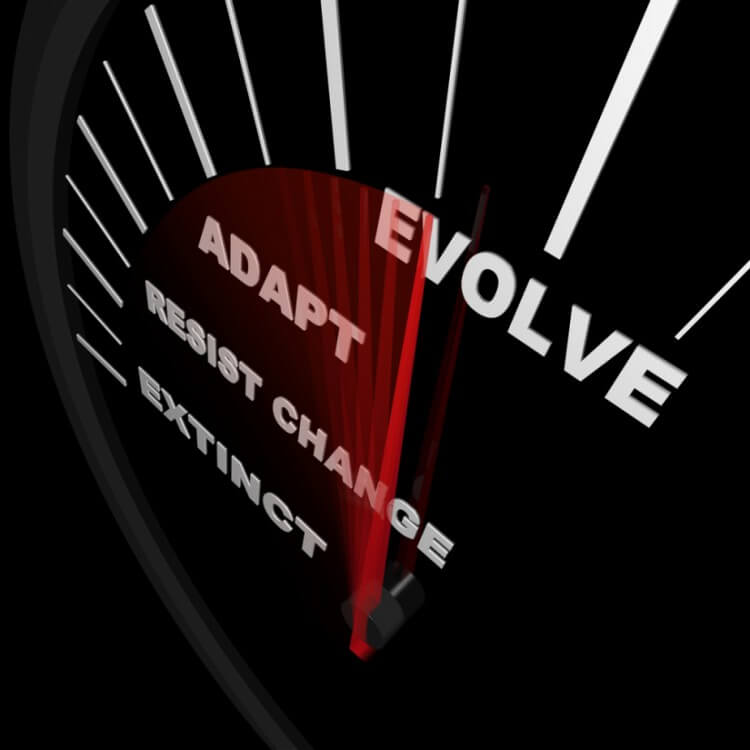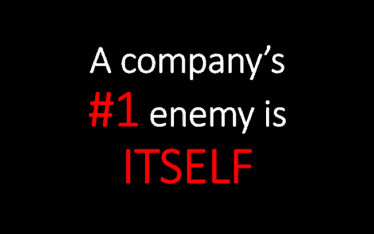Your business model doesn’t work anymore
“Innovation” is the hottest word in business, but most of the discussion centers on products and services. The more profound challenge for most companies now is imagining a new business model, a new answer to the fundamental question: How do we make money?
Just assume the following: Your business model doesn’t work anymore. That blunt claim won’t be far wrong. Even if the model has worked for decades, even if it’s working okay right now, odds are that it soon won’t be.
Several forces are combining to shred business models economy wide
The most important is information technology, the immediate effect of which is to revolutionize every information-based business and the rise of collaborative consumption.
Not since the Industrial Revolution have we seen a longer or broader list of companies whose business models are suddenly obsolete.
Business-model innovation is a competency that doesn’t exist in most companies. It never had to. For example, the newspaper business model worked great for 200 years. Twenty generations of management didn’t have to change it. It’s the same in most companies. Even if your model isn’t 200 years old, probably no one has had to change it in a while.
A new model will probably not last nearly as long as your old one did
In today’s environment, a new model will probably not last nearly as long as your old one did. The new normal is Amazon. It launched with an innovative model as an online bookstore. Then it also became a marketplace for other booksellers. It started offering other products requiring far different distribution infrastructures, began selling digital books, music, TV shows, and movies online, created its own branded devices (Kindle and Kindle Fire) and added web services for companies. We can’t count how many business models Amazon has used in its 18 years of existence. The model is changing continually.
Business-model innovation is the new essential competency
“Sloughing off yesterday” is almost impossibly difficult, yet every organization must get used to doing it regularly. The largest obstacles will be weak imaginations, threatened interests and culture. Business-model innovation is the new essential competency. It’s hard. It will separate tomorrow’s winners from the losers.
How disruptive is your business model? Better be the first to disrupt. Why? Because it’s probably going to happen anyway and it’s much more profitable to be the disruptor.
Short URL & title:
Everything you know about staying competitive doesn’t work anymore — http://www.torbenrick.eu/t/r/qph
Share it:
If you enjoyed this article, please take 5 seconds to share it on your social network. Thanks!








You ask: How disruptive is your business model? Better be the first to disrupt. Why? Because it’s probably going to happen anyway and it’s much more profitable to be the disruptor.
Dear Torben, politely, those were weak conclusions, and a disservice.
1. The probability of change varies in every situation. Business model evolution in key sectors is notably slow. The competing maxim is “if it ain’t broke, don’t fix it” and “stick to your knitting”. Business model innovation in resource industries is not rapid, as an illustration.
2. First movers rarely enjoy the majority of the profits. The “bleeding edge” is a place of considerale risk and likely failure. First movers doften don’t survive. The wreckage of the Dot Com era is still in the memory of many.
Amazon, too frequently used as an example and analysed innacurately, might illustrate business model evolution rather than disruptive change. The core model has survved for 18 years, which in Internet years is 18 X 7 = 126 years. Change at the margin may not truly qualify as disruptive change. Is it accurately described as evolutionary change?
Congratulations on your excellent site and impressive body of work.
Stiofan